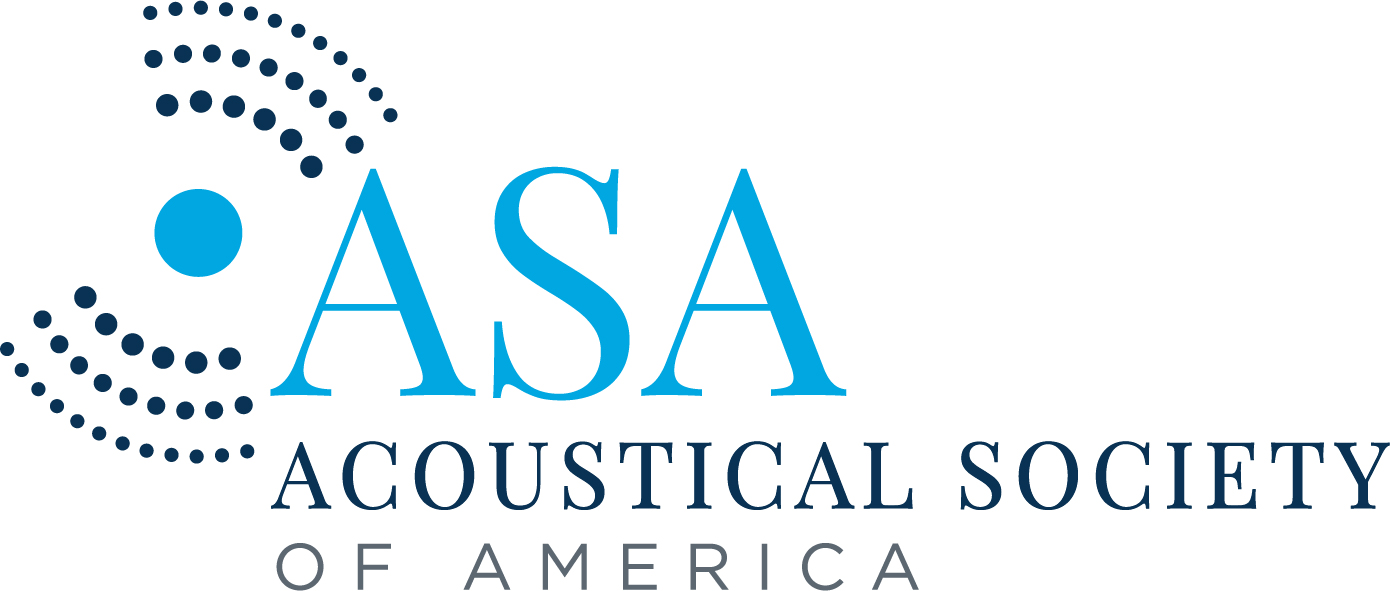How Behind-the-Scenes Sound Mixing Makes Movie Magic #ASA183
Capturing consistent room tones and ambience enhances dialogue and draws the audience in.
Media Contact:
Ashley Piccone
AIP Media
301-209-3090
media@aip.org
NASHVILLE, Tenn., Dec. 7, 2022 – If you’ve ever watched a movie where the audio is out of sync, it quickly becomes obvious that smooth, consistent sound is critical for movie enjoyment, especially during dialogue. Even slight discrepancies in background noise can disrupt a moviegoer’s experience.

Jeffrey Reed demonstrates the behind-the-scenes audio engineering required to recreate the acoustics of a movie set. Credit: Jeffrey Reed
At the upcoming meeting of the Acoustical Society of America, Jeffrey Reed of Taproot Audio Design will demonstrate the behind-the-scenes audio engineering required to recreate the acoustics of movie sets and locations. During the session, “Modern movie sound: reality and simulated reality,” Reed will share short clips of film to compare the original recording to the studio mixed product. The presentation will take place on Dec. 7 at 2:00 p.m. Eastern U.S. in the Summit A room at the Grand Hyatt Nashville Hotel, as part of ASA’s 183rd meeting running Dec. 5-9.
“Nearly everything you hear in a film has been added later or enhanced for effect. Consistency in background noise has a major impact, especially on dialogue in a movie,” said Reed. “Sometimes every single line of dialogue in a scene can have a different noise profile – the sound in the background varies and makes the sound choppy and disjointed. It’s up to us to smooth that out.”
Modern movie sound mixing uses techniques like impulse responses to reproduce dialogue and other sounds. These methods are crucial to align what moviegoers see and hear and keep them engaged in the story.
An impulse response is a short recording that allows audio engineers to recreate the acoustics of a room. Sonic qualities are recorded when a sound reverberates off the unique layout of a space. The impulse recording is then applied to the audio mix to digitally recreate the sound of that space and make the resulting scene of a film as believable as possible.
“There are a lot of moving parts to a film mix, from dialog, effects, and the ever-important musical score,” said Reed. “Each and every one is crucial to a film, and the joy of mixing is finding out what needs to be where at the right time. When it’s all said done though, dialog is king in a film mix and everything must carefully revolve around it.”
———————– MORE MEETING INFORMATION ———————–
Main meeting website: https://acousticalsociety.org/asa-meetings/
Technical program: https://eppro02.ativ.me/web/planner.php?id=ASAFALL22&proof=true
ASA PRESS ROOM
In the coming weeks, ASA’s Press Room will be updated with newsworthy stories and the press conference schedule at https://acoustics.org/asa-press-room/.
LAY LANGUAGE PAPERS
ASA will also share dozens of lay language papers about topics covered at the conference. Lay language papers are 300 to 500 word summaries of presentations written by scientists for a general audience. They will be accompanied by photos, audio, and video. Learn more at https://acoustics.org/lay-language-papers/.
PRESS REGISTRATION
ASA will grant free registration to credentialed and professional freelance journalists. If you are a reporter and would like to attend the meeting or virtual press conferences, contact AIP Media Services at media@aip.org. For urgent requests, AIP staff can also help with setting up interviews and obtaining images, sound clips, or background information.
ABOUT THE ACOUSTICAL SOCIETY OF AMERICA
The Acoustical Society of America (ASA) is the premier international scientific society in acoustics devoted to the science and technology of sound. Its 7,000 members worldwide represent a broad spectrum of the study of acoustics. ASA publications include The Journal of the Acoustical Society of America (the world’s leading journal on acoustics), JASA Express Letters, Proceedings of Meetings on Acoustics, Acoustics Today magazine, books, and standards on acoustics. The society also holds two major scientific meetings each year. See https://acousticalsociety.org/.
